South Korea’s LG CNS, an IT arm of tech giant LG Corporation, is currently testing a pay-by-face system in one of its internal cafeterias.
Based on its official announcement, the new system combines the power of artificial intelligence (AI), cloud, and blockchain technologies. It uses AI software to recognize a customer’s face. There are devices installed at the restaurant to identify the customer, Finextra reported.
Once the customer’s face is scanned, the payment for the food ordered is calculated and it will be paid automatically using the pre-registered blockchain-based community currency.
The firm believes that it’s high time to use facial recognition because it is more convenient than cards and mobile payments. Also, it would help minimize physical contact and curb the spread of coronavirus.
Meanwhile, the National Payment Corporation of India is urging its citizens to use digital payments to reduce social contact amid the coronavirus pandemic. NCPI is working with other banks to support the digital payment infrastructure.
“In the current lock-down situation, we request citizens to stay at home. We urge all service providers of essential services and consumers to switch to digital payments methods to stay protected,” said Dilip Asbe, NPCI MD & CEO.
“Our business continuity plan is resilient and has been improvised to meet the challenging requirements for COVID19, across all our payment systems. Specifically, the infrastructure will support the additional load and challenges on the United Payments Interface (UPI) platform, as more and more users are tapping into the benefits, ease, and safety of digital transactions,” Asbe added.
NCPI and the state government are helping the vendors, especially those selling essential services, join the digital platforms. In this way, buying and selling will be safer and more convenient for both vendors and consumers.
“Vendors and merchants can be safe as they serve society and provide essential services. Consumers can use UPI to pay for essential services and transfer money digitally without the risk of physical contact,” Asbe explained.






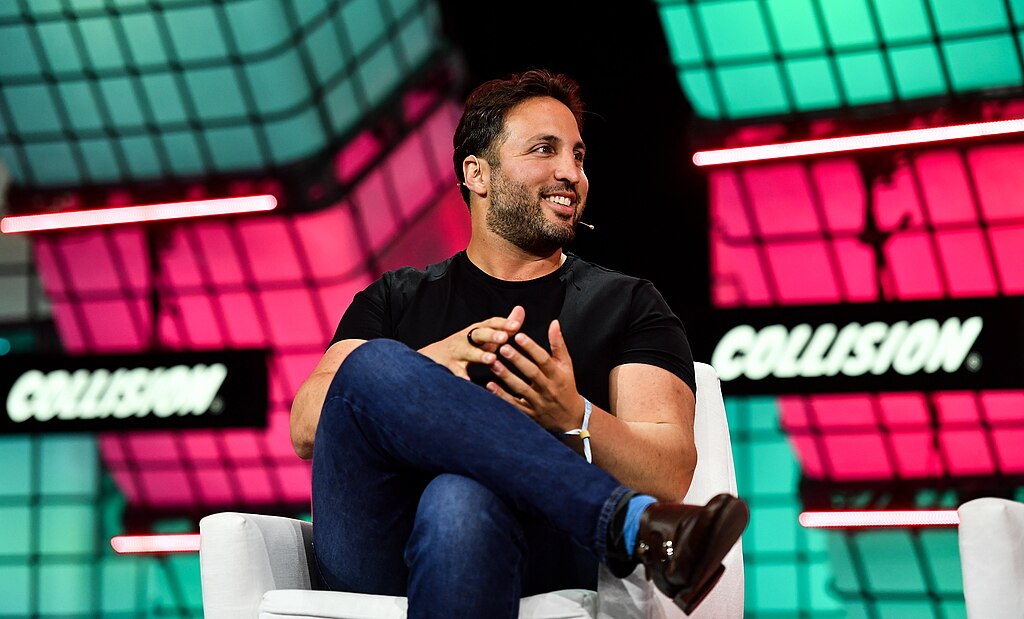

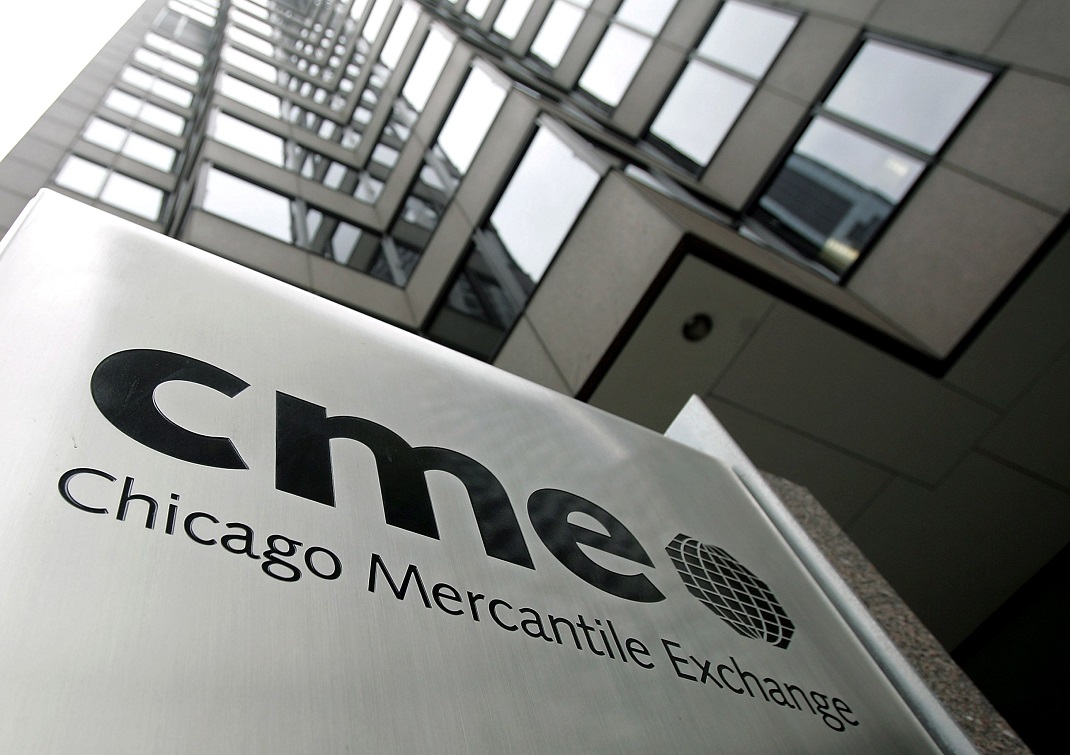


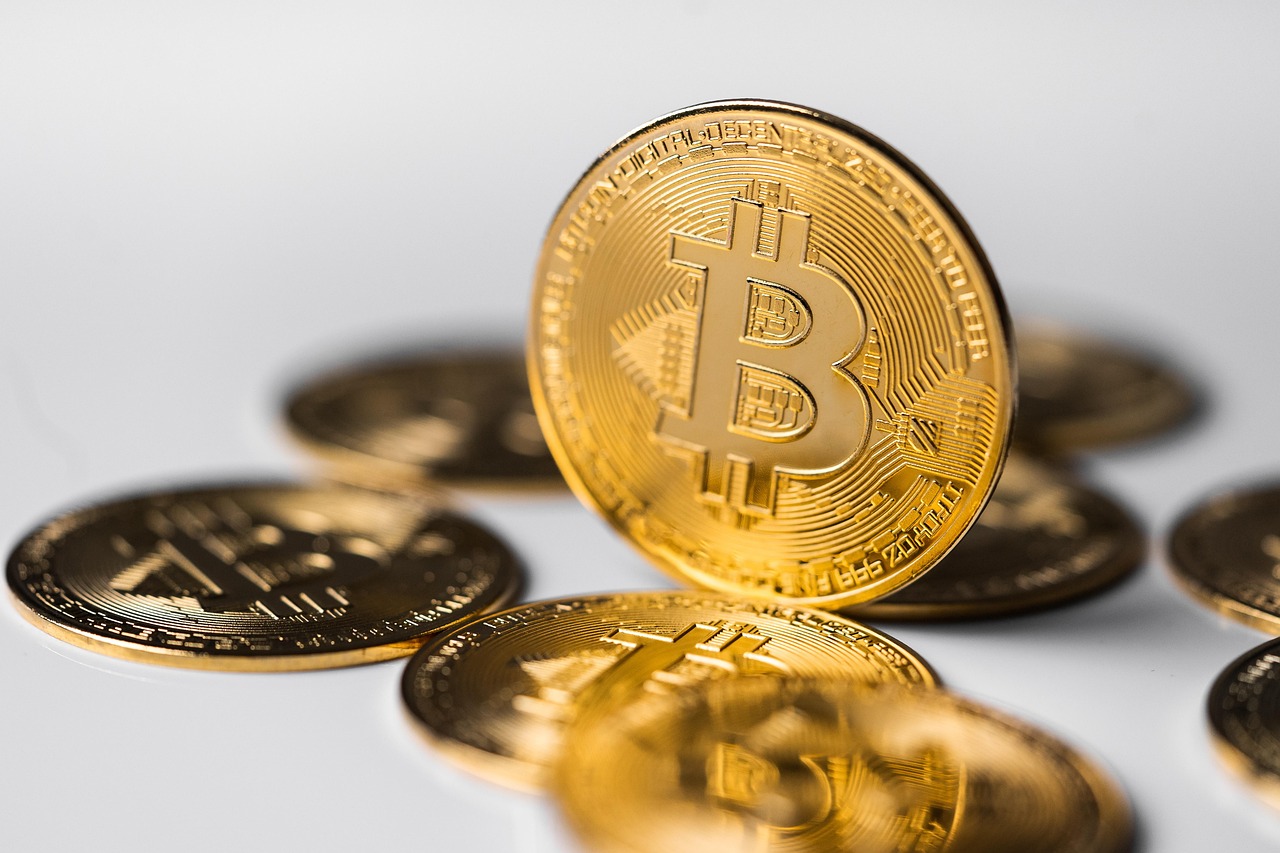
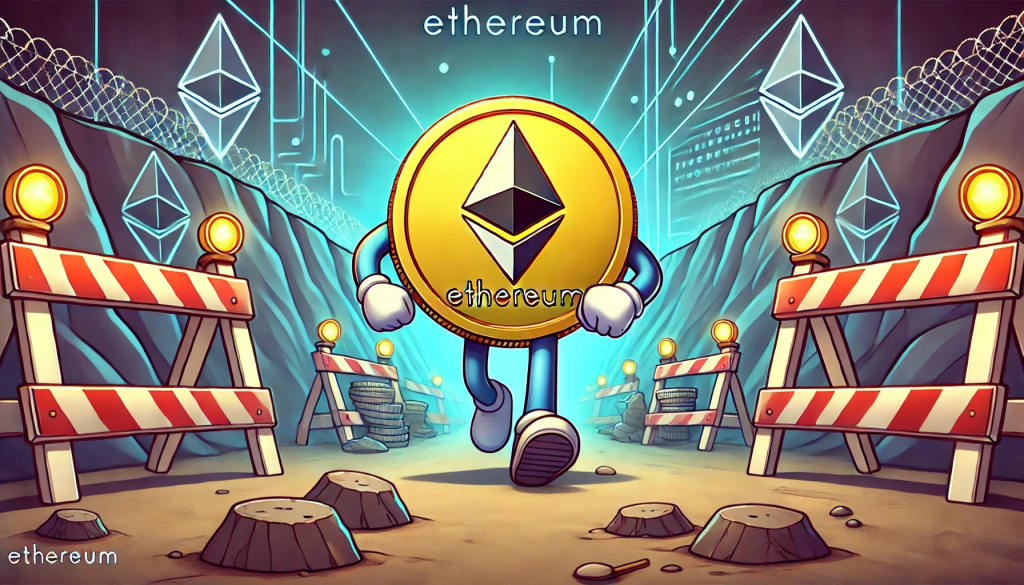


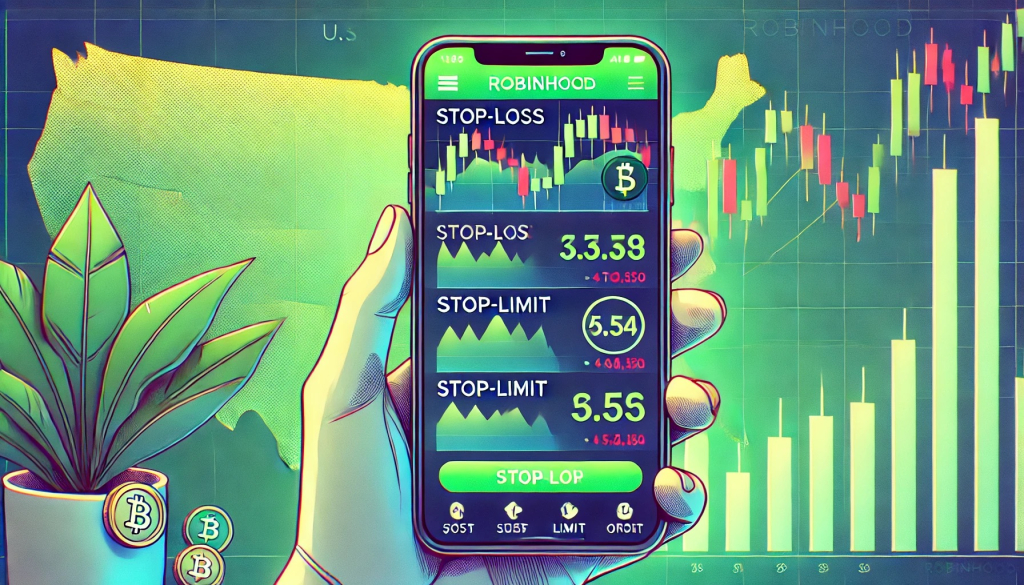



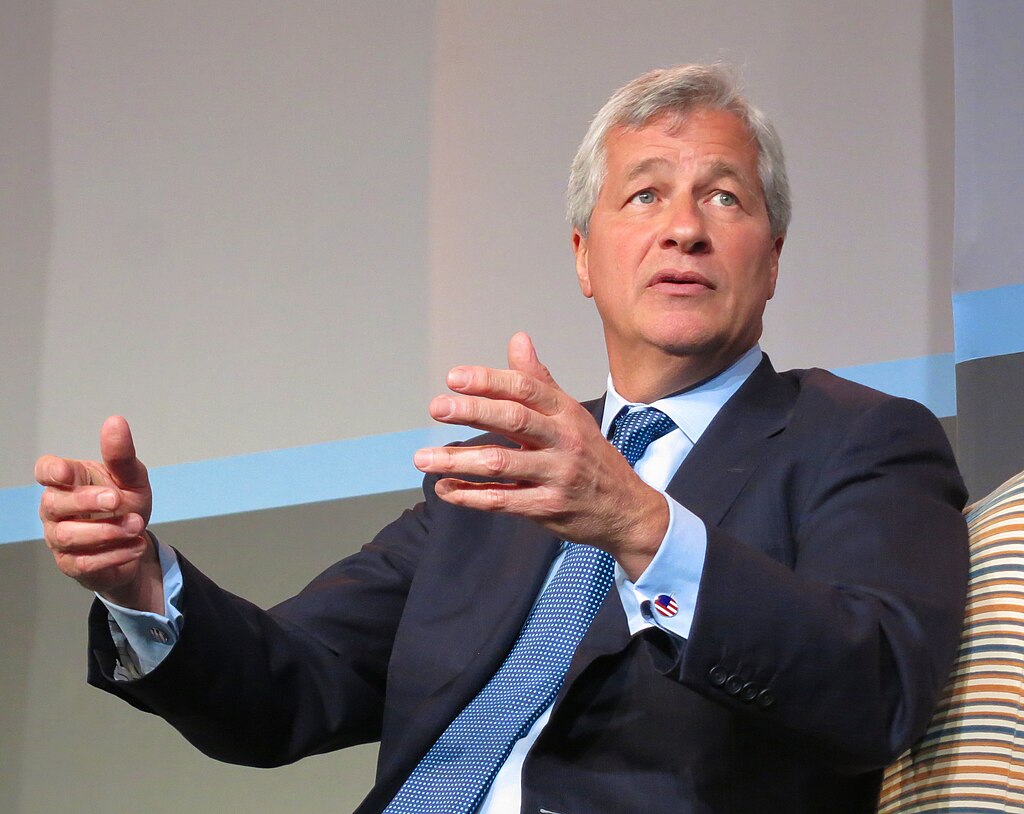
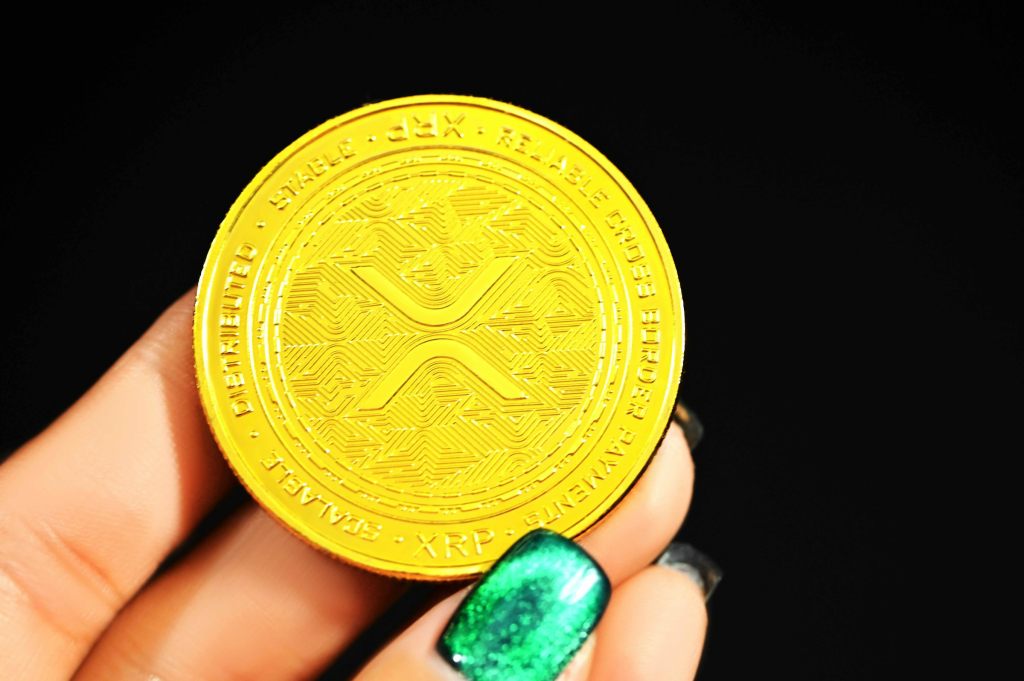

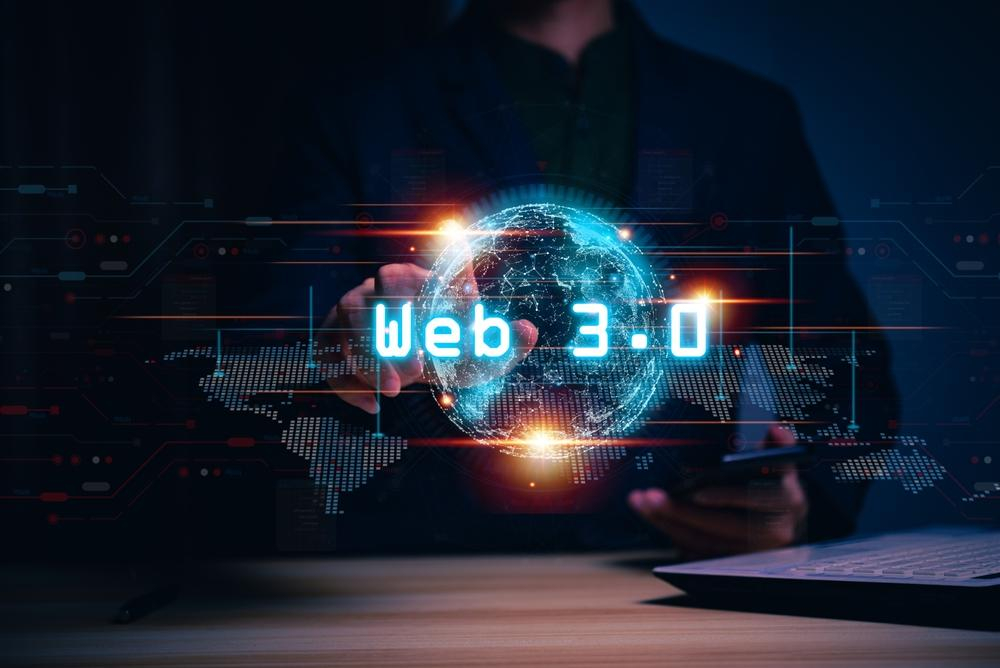

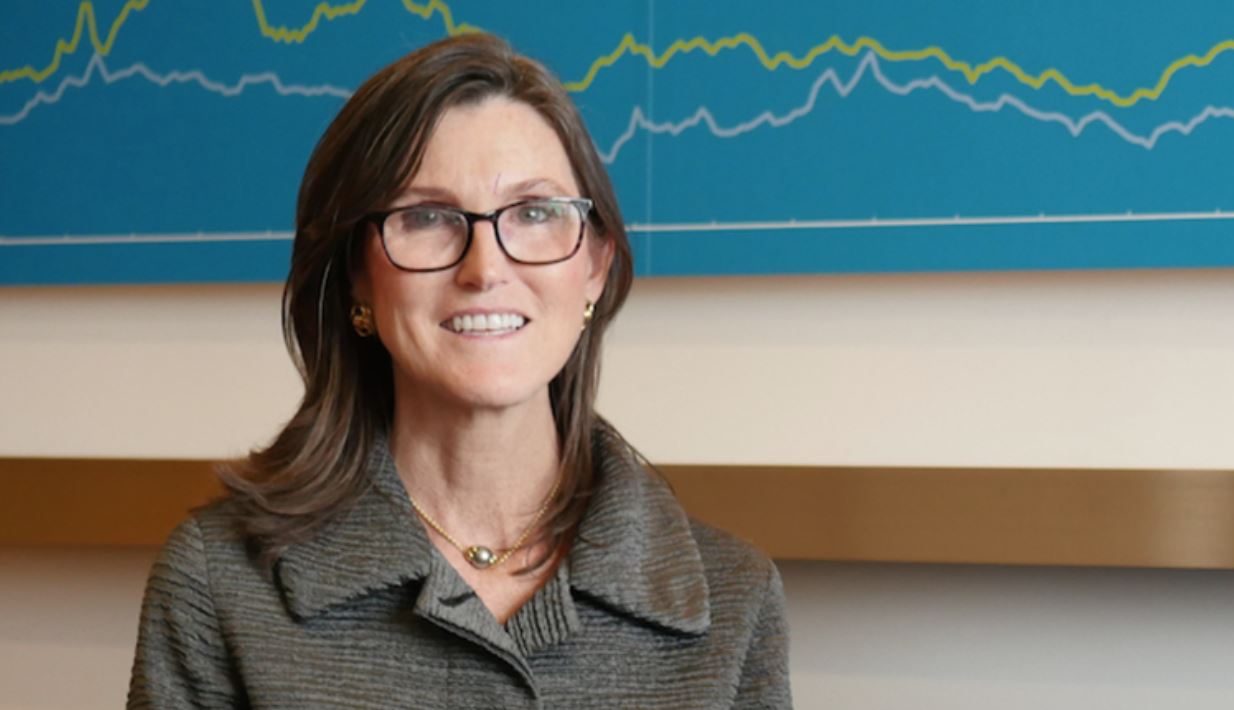
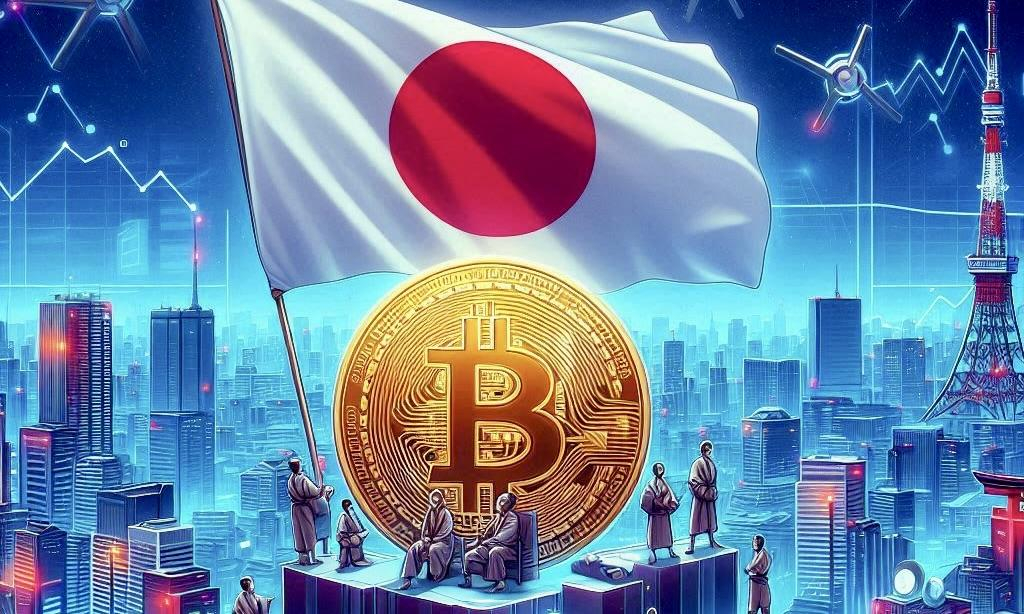
Comment 17